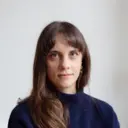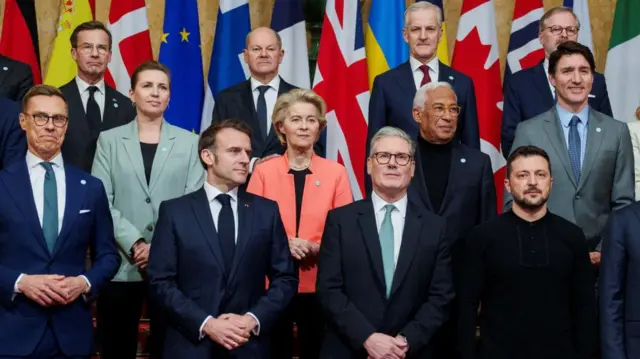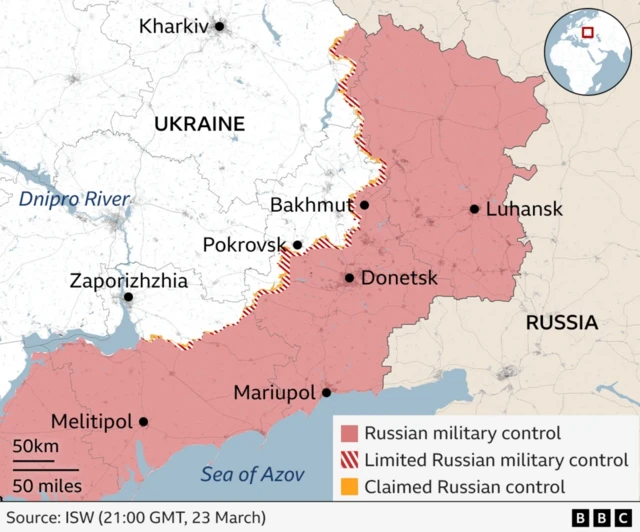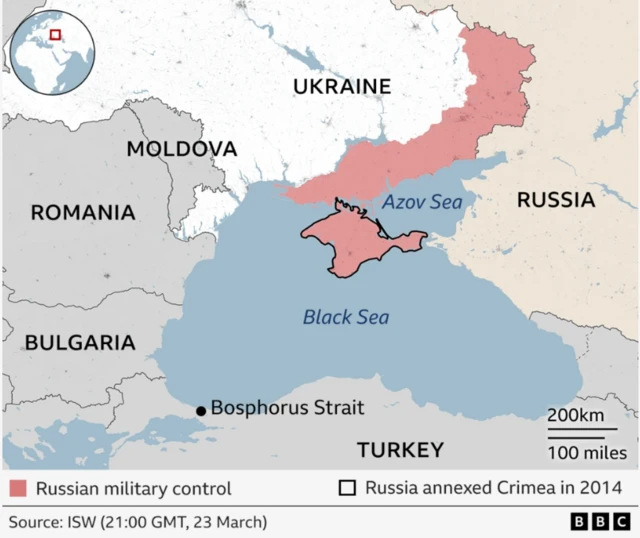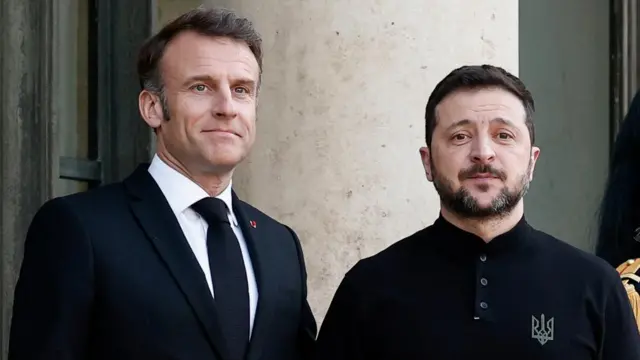Watch: Zelensky asked about Russian conditions on ceasefire dealpublished at 20:32 GMT 26 March
As Volodymyr Zelensky speaks to four journalists in Paris tonight, he's pushing European allies to "stand strong" in the face of Russian pressure.
Here's how he responded to a question about Russian conditions on the terms of a ceasefire deal from the BBC's Jeremy Bowen:
Zelensky asked about Russian conditions on ceasefire deal

